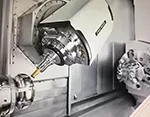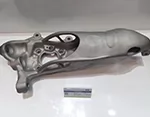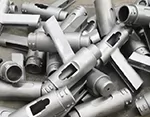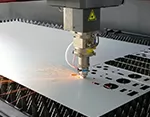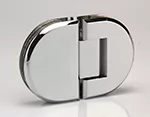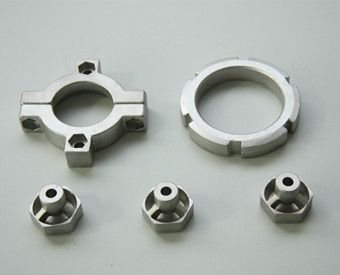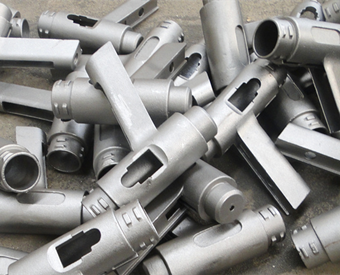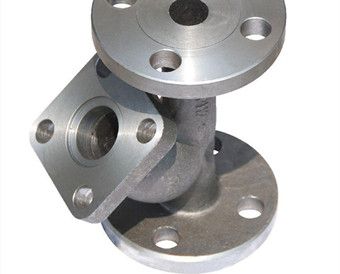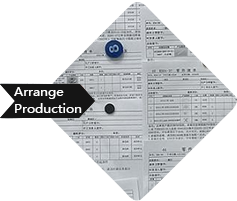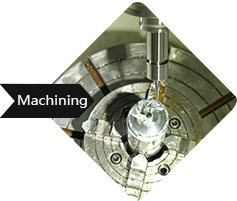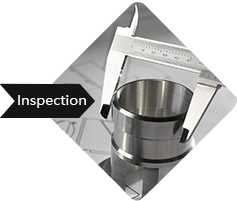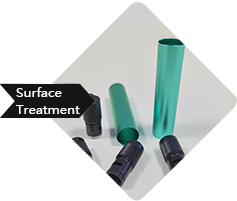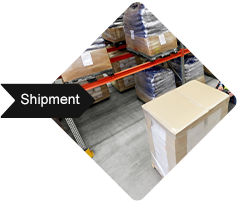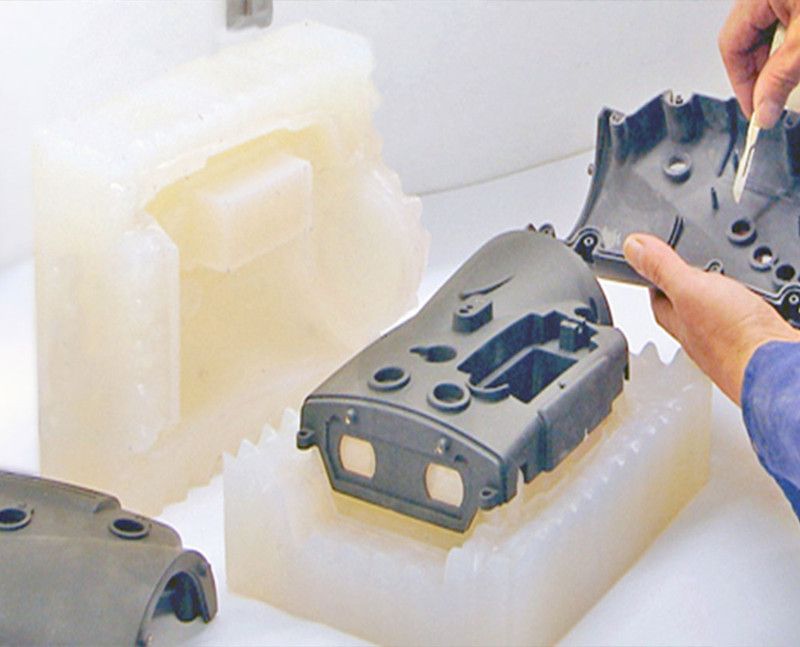-
Service
+
- CNC Precision Machining Service +
- Multi-Axis Simultaneous Machining Service +
- CNC Turning Service +
- Metal 3D Printing Service +
- Rapid Prototyping Service +
- Die Casting Service +
- Sheet Metal Fabrication Service +
-
Finish Serivces
+
- Polishing
- Grinding
- Brushed Finish
- Sand blasting
- Painting
- Powder Painting
- Anodizing
- Hard anodizing Service
- Passivation
- Zinc Plating
- Nickel Plating
- Chrome Plating
- Blackening
- Black Zinc Plating
- Teflon Coating
- Titanium Coating
- DLC Coating
- Laser Marking
- Silk Screen Printing
- Transfer Printing
- Micro Arc Oxidation
- Industries +
- About Us +
- Resource +
- Contact Us
- Quote

-
Service
-
>
-
>
-
>
-
>
-
>
-
>
-
>
-
>
-
- Industries
- About Us
- Resource
- Contact Us
Steel casting is a manufacturing process which pouring molten steels to customized mold and let them solidify to required shape. Usually, steel casting is used to produce high-volume complex parts or components. Precision metal casting can produce high accuracy parts.
In most occassion, casting parts need further process to achieve required dimension or structure. CNC machining is the key to realize the precision metal casting.
Upload your 2D & 3D drawings, along with the material, finish and quantity. Get an instant quote. You can also send RFQ to enquiry@kesugroup.com.
Die Casting Equipment
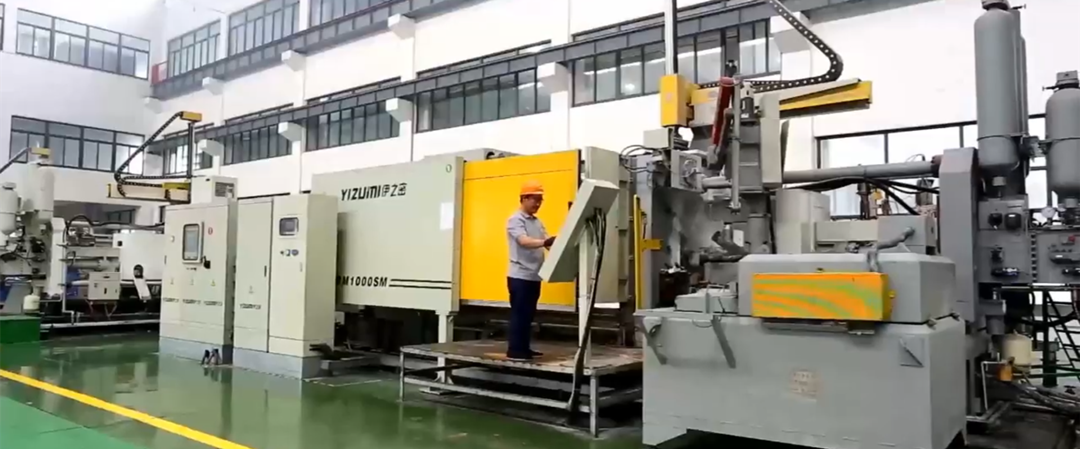
Inspection Equipment
| Equipment | Quantity | Brand |
| CMM | 2 | LEAD |
| 2.5D | 3 | |
| XRF Spectrometer | 1 | HITACHI |
| Altimeter | 1 | |
| Calliper | 20 | |
| Micrometer | 10 |
| ISO 2768-M | |
| Table 1 - Linear Dimensions | |
| Permissible deviations in mm for ranges in nominal lengths | Tolerance Class Designation (Description) |
| m (medium) | |
| 0.5 up to 3 | ±0.1 |
| over 3 up to 6 | ±0.2 |
| over 6 up to 30 | ±0.3 |
| over 30 up to 120 | ±0.5 |
| over 120 up to 400 | ±0.8 |
| over 400 up to 1000 | ±1.2 |
| over 1000 up to 2000 | ±2.0 |
| over 2000 up to 4000 | – |
| For nominal sizes below 0.5 mm, the deviations shall be indicated adjacent to the relevant nominal size(s). | |
Steel castings refer to the parts which made of cast steel. The performance of steel castings is similar to cast iron, but stronger than cast iron. Steel castings are prone to shortcomings such as pore defects and inaccurate angular positioning during the casting process. And the casing may break during the long-term using.
Advantages of steel castings
1. Greater design flexibility
This design has the greatest freedom to choose the shape and size of the casting, especially the complicated shape and hollow part. The steel casting can be manufactured by the unique process of the core casting. It's easy to make shape and change shape, and the finished products can be produced quickly according to drawings. In this way, we can provide quick response and shorten delivery time.
2. The strongest flexibility and variability in metallurgical manufacturing
You can choose different chemical compositions and organizational structures to meet the needs of different projects. The mechanical properties can be selected via different heat treatment processes, and this property can be used in a wide range. And the solder-ability and usability could be improved in the meantime.
3. Improve overall structural strength
Due to the high reliability of the project, coupled with the weight reduction design and short delivery time, it can increase the competitive advantage in terms of price and economy.
4. Wide range of weight changes
Small steel castings may have 10 grams only, while large steel castings can reach several tons, dozens or even hundreds of tons.
2. Disadvantages
(1) Uneven organization.
(2) The organization is not dense.
(3) The surface is rough.
(4) Higher cost and time-consuming.
Common defects
The common process defects including pores, inclusions, shrinkage, porosity and cracks.
The main defects of steel castings are fatigue cracks, including mechanical fatigue cracks and thermal fatigue cracks.

